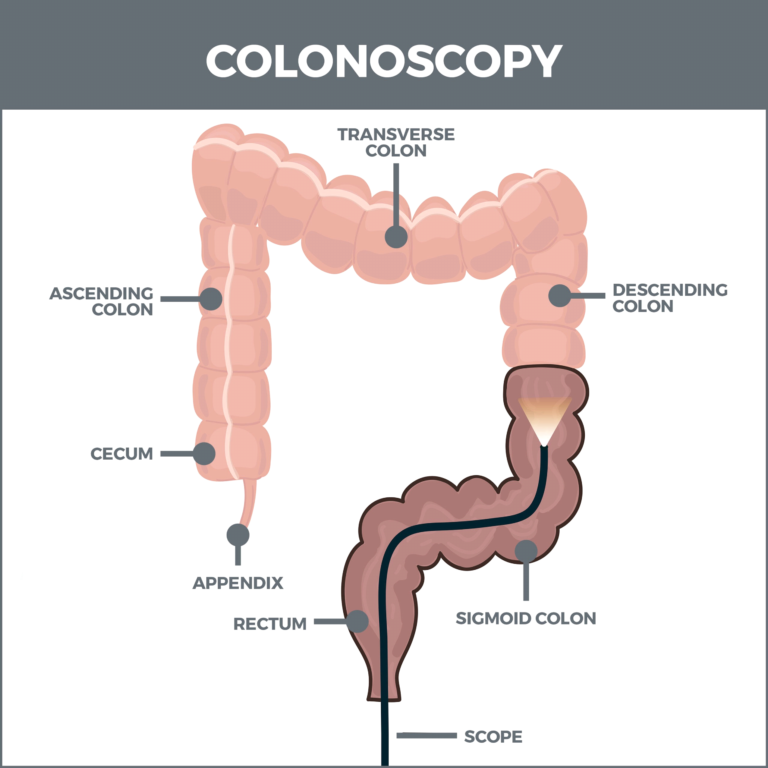What is irritable bowel syndrome?
Irrigatable bowel syndrome is a common condition that effects the digestive
system. It is common but very uncomfortable gastrointestinal disease that
effect your intestine. IBS include cramps and abdominal pain. With IBS you have
frequent constipation or diarrhea. IBS doesn’t cause tissue damage in
gastrointestinal tract or increase the risk colon cancer whereas its chronic
(long term) disease that can be managed by changing routine and their eating
habits.

What are the types of IBS?
Reasherchers catogrize IBS based on how your stool look on the days when you are having symptoms. Most people with IBS have normal bowel movements on somedays and abnormal ones on other. There are few types.
- IBS with constipation
- IBS with diarrhea
- IBS with mixed bowel habits
How common is IBS?
IBS is a very common disorder and scientific tests show that about 10% to 15% of people in the United States have it. IBS is more common in women with almost twice as many women having it than men.
What are symptoms of IBS?
Symptoms of IBS occurs frequently or may occur in flare ups. The symptoms of IBS vary between individuals and affect some people more severely than others. Symptoms can become worse, often during times of stress or after eating certain foods.
You may find some of the symptoms of IBS ease after going to the toilet and moving your bowels.
Main symptoms
The most common symptoms of IBS are:
- Bloating or swelling of your stomach
- Abdominal pain and cramping
- A change in your bowel habits – such as diarrhea, constipation
- Eexcessive wind
Less common symptoms
Other less common symptoms may also be experienced, such as:
- Lack of energy
- Heartburn
- Feeling sick
What are causes of IBS?
Irritable bowel syndrome is characterized by abdominal discomfort, bloating and a change in bowel habits (constipation or diarrhea). There is no single cause for this condition, but environmental factors – such as changes of routine, emotional stress, infection, toileting behaviors and diet.
It is also called disorders of the gut brain interaction, have to do with problems with how your gut and brain coordinate to help your digestive system work.
Communication challenge between your brain and gut can cause:
Dysmotility:
You may have problems with how your GI muscles contract and move food through your GI tract. The colon muscles tend to contract more in people with IBS. These can cause pain and cramps.
Visceral hypersensitivity:
You may have extra sensitive nerves in your GI tract. People with IBS tend to have a lower pain. It can also discomfort you.
Gut bacteria:
Studies have shown that the types and amounts of gut bacteria are different in people with IBS than in people without it.
Severe infections:
Some people get diagnosed with IBS after a severe infection affecting their GI tract.
Food intolerance:
Sensitivities or allergies to certain foods may contribute to IBS.
Childhood stress:
IBS is more common in people who experience severe stress in childhood including physical, sexual and emotional abuse.
What triggers IBS?
If you have IBS you may have noticed that certain things trigger symptoms. Common triggers include.
Periods:
Females may notice worsen predictability according to their menstrual cycle.
Certain food:
Food triggers vary from person to person. Foods that contain gluten like wheat and few drinks can make you gassy.
Stress:
IBS is your guts response to stress, this is why IBS is sometimes called nervous or anxious stomach.
Risk factors for IBS?
IBS most often occurs in people in their late teens to early 40s. People assigned female at birth are up to twice as likely to get diagnosed with IBS. Other risk factors include.
- Severe to certain foods
- Intolerance to certain foods
- History of abuse
- Diagnosis of depression, stress or anxiety
Few people with IBS also have chronic pain conditions. Conditions associated with an increased risk of IBS include:
- Chronic pelvic pain
- Chronic fatigue syndrome
- Fibromyalgia
Can IBS cause heart attack?
Inflammatory bowel disease raise the risk heart attack. Also, the risk is independent of traditional risk factors such as high blood pressure, diabetes, smoking and high cholesterol.
Treatment for IBS?
Treatment of IBS focuses on relieving symptoms so that you can live as symptom-free as possible.
Mild symptoms can often be controlled by managing stress and by making changes in your diet and lifestyle. Try to:
- Avoid foods that trigger your symptoms
- Eat high-fiber foods
- Drink plenty of fluids
- Exercise regularly
- Get enough sleep
depend on my research on average LASIK eyes surgery costs in the United States Typically range from 2500$ to 3500$ per eye. However, this is not exact estimate and prices can be changed. Some clinic may offer package deal or financing options. So, it is good idea to inquire about these during your consultations.
to get specific and current pricing information for LASIK in Houston, consider reaching out to reputable LASIK centers or ophthalmologists in the city. They can provide you with personalized the approximately on your needs and circumstances. Keep in mind that factors such as surgeons experience. The technology used and any additional services or warranties included can also influence the overall cost







One thing is that when you are searching for a education loan you may find that you will need a cosigner. There are many situations where this is correct because you should find that you do not use a past credit rating so the mortgage lender will require that you have someone cosign the borrowed funds for you. Great post.